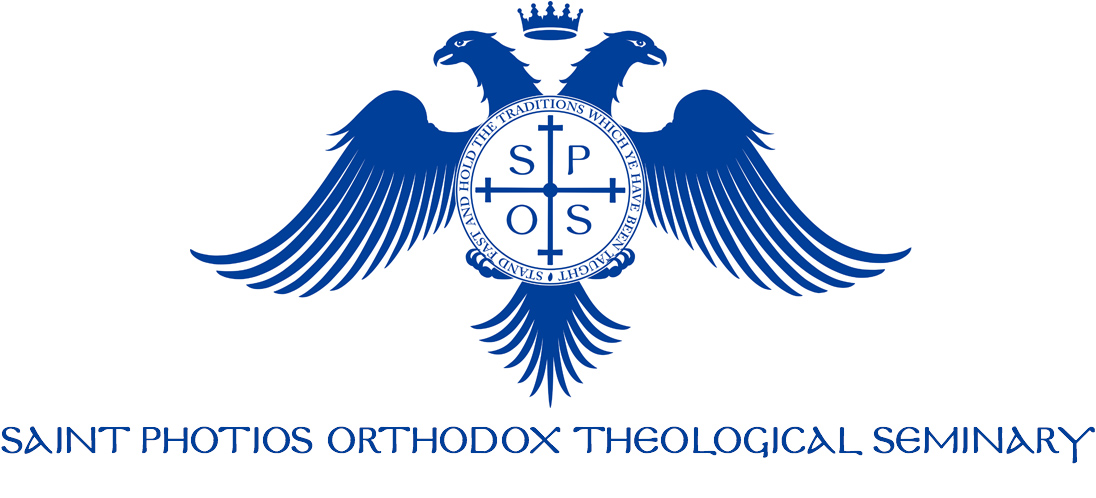Fasting
- Details
- Created on Friday, 19 March 2010 21:48
Q. There seems to be a lot of variation in how people observe fasting, but my confessor told me to fast from oil on Wednesday and Friday. Oil is a pretty vague category, though, and I was wondering if I could get a more explicit description of what kinds of food and drink are excluded on strict fast days. Also, are there rules about how many meals you can eat? I know on some strict fast days, like the Exaltation, you are only meant to eat in the evening. Are there other days like this?
-J.G.
A. Fasting is an ascetical practice handed down to us from God since the creation of man. The first commandment He gave Adam and Eve was to abstain from a particular fruit. Fasting has been given to us, in part, in order that we learn self-control. It is part of one’s spiritual life and as such one should always be under the guidance of a spiritual father. Such questions as the ones you pose should be directed to your spiritual father, especially since they involve the clarification of a rule he himself has given you. Practice differs between Orthodox of different nationalities. Even one and the same spiritual father may prescribe different fasting rules for different people. This is in keeping with the Church Fathers who teach that those who have received from God the power to loose and bind—that is the spiritual fathers—must use discretion, sometimes being stern, imposing the full weight of the law, at other times being lenient, condescending to weakness. But his intention is always the salvation of his spiritual child (c.f. Trullo Canon 102). This is why we cannot answer your question exactly, and you should consult your confessor.
Having said that, St. Nicodemus of the Holy Mountain outlines for us the ideal for which are striving in his interpretation of the 64th Apostolic Canon:
Fasting is one thing and leaving off fasting is another thing, and abolishing fasting is still another thing. Thus, fasting, properly speaking, is complete abstinence from food of all kinds, or even when one eats but once a day, about the ninth hour, dry food, or, more explicitly speaking, plain bread and water alone. Leaving off fasting is when one eats before the ninth hour, even though it be merely figs, or merely currants or raisins, or anything else of this kind; or if, besides bread and water, he should eat also some kinds of frugal and cheap comestibles, such as, for instance, legumes, wine, olive oil, or shellfish. Abolishing fasting on the other hand, is when one eats of all foodstuffs, including meat, say, and fish, and milk, and cheese, and the rest.
As for the various types of fast days, there are strict fast days and days on which oil, wine and seafood (shellfish) are permitted. Fish is also permitted certain fast days; on these days naturally we also partake of oil, wine and seafood (shellfish).
Submit your own questions to This email address is being protected from spambots. You need JavaScript enabled to view it..
Orthodox Awareness
Why the True Orthodox Are Truly Orthodox
A Rejoinder to Fr. Basil Gregoriates and an Apology for Breaking Communion with Ecumenist Bishops
In every age the devil tempts the faithful by various means: persecutions, foreign invasions, the lure of worldly seduction. Among his most effective snares are heresy and schism which, by separating Christians from the Church, lead them away from Christ and into spiritual deception and apostasy. Read more...
Missions
Saint Matthew the Evangelist, Jonesboro, Arkansas
Jonesboro is a town located near the Eastern border of Arkansas, with a population of approximately 60,000. From a human standpoint, it’s not the most likely candidate for a traditional Orthodox mission, but for an Orthodox Christian who orders his priorities around Christ and His Church, it makes perfect sense. Read more...
Youth
2025 Youth Conference
Please join us for the 2025 youth conference in Toronto, Ontario, Canada! To learn more, visit the conference website.
Ask A Priest
Is the GOC Insular?
Q. In considering becoming part of the GOC in America, I am getting warnings from various circles that the attitude of GOC people is that of being “walled off,” “arrogant,” “judgmental,” and “in your face” toward those not in the Genuine Orthodox Church, with accusations such as “World Orthodox” priests are “not even Christians” and the like. Could you give me your personal, realistic assessment of this dynamic and possibly refer me to an official statement on how GOC members should and do relate to and communicate with those in “World Orthodoxy”? Read more...





